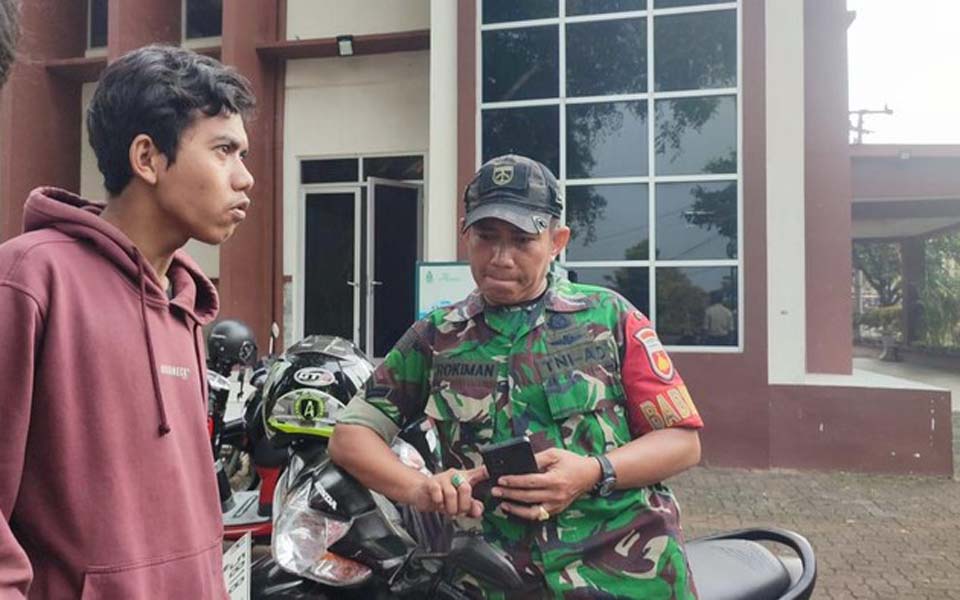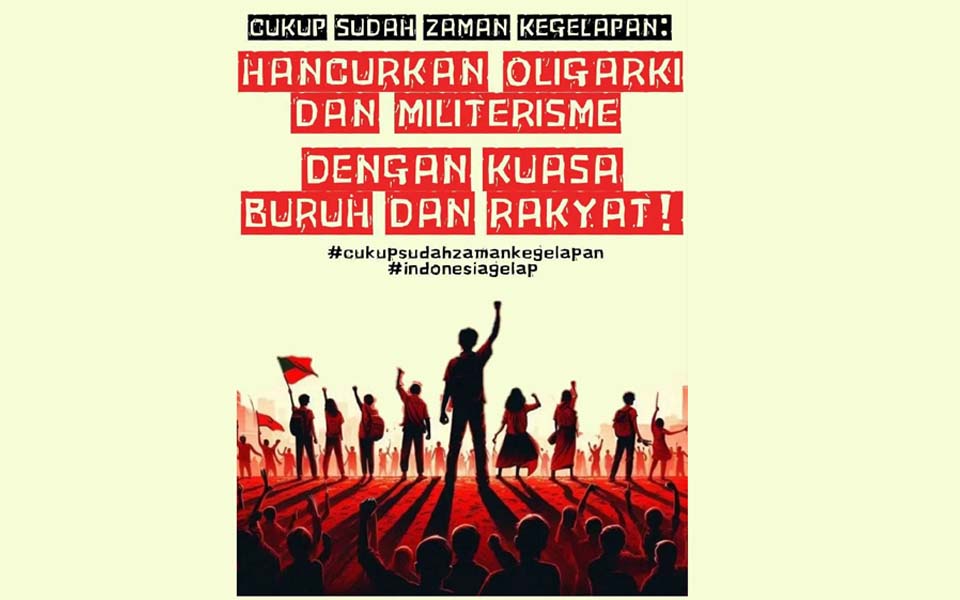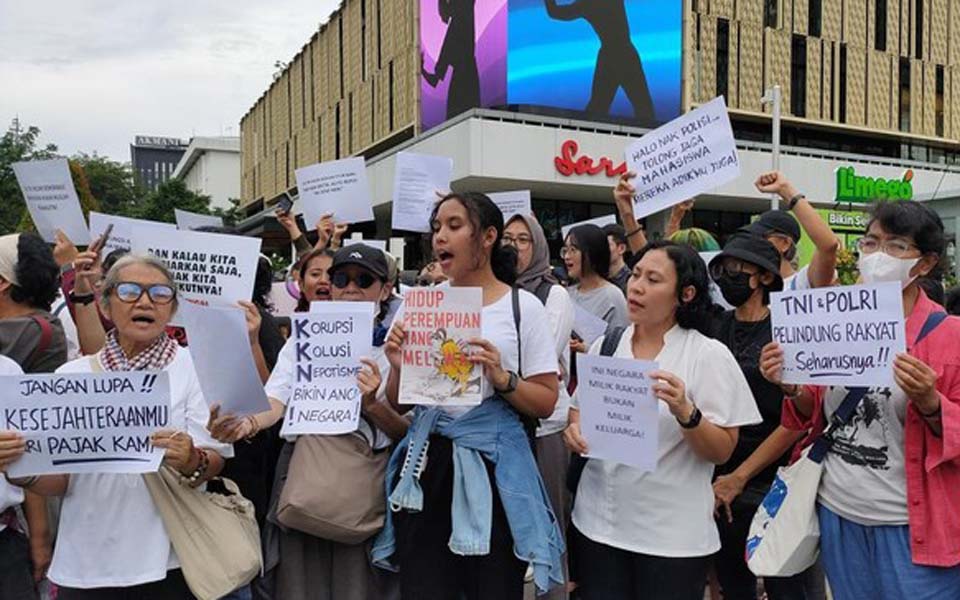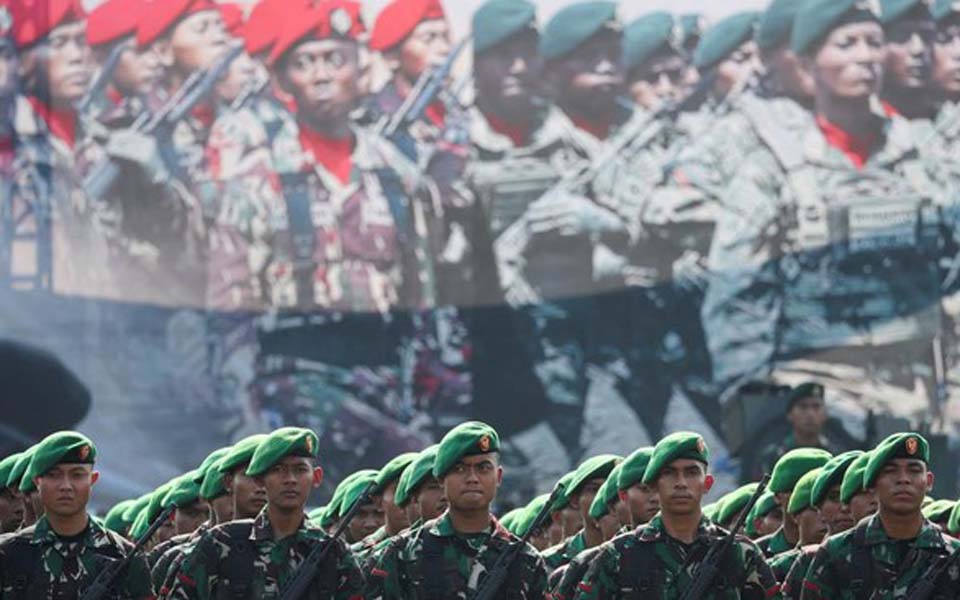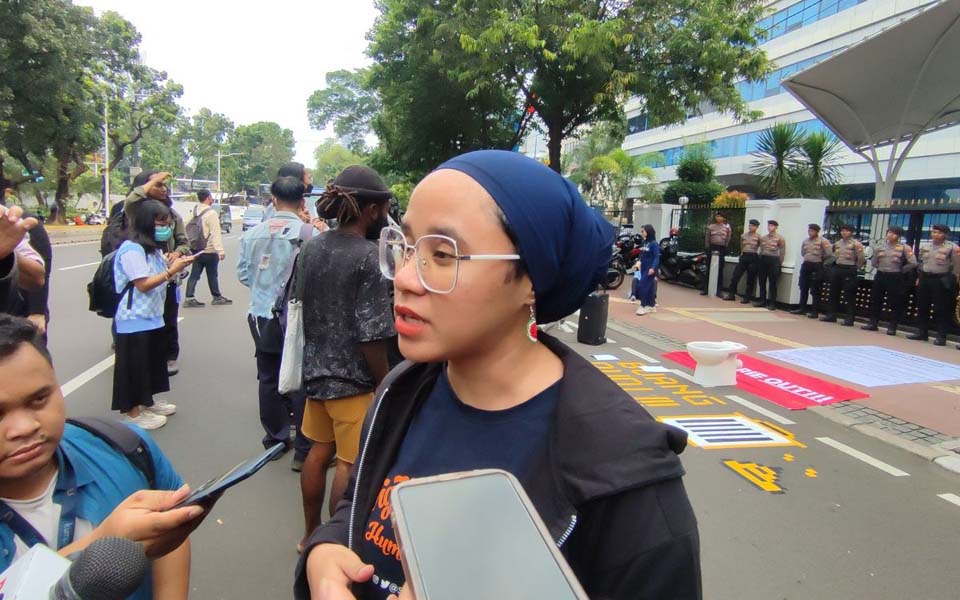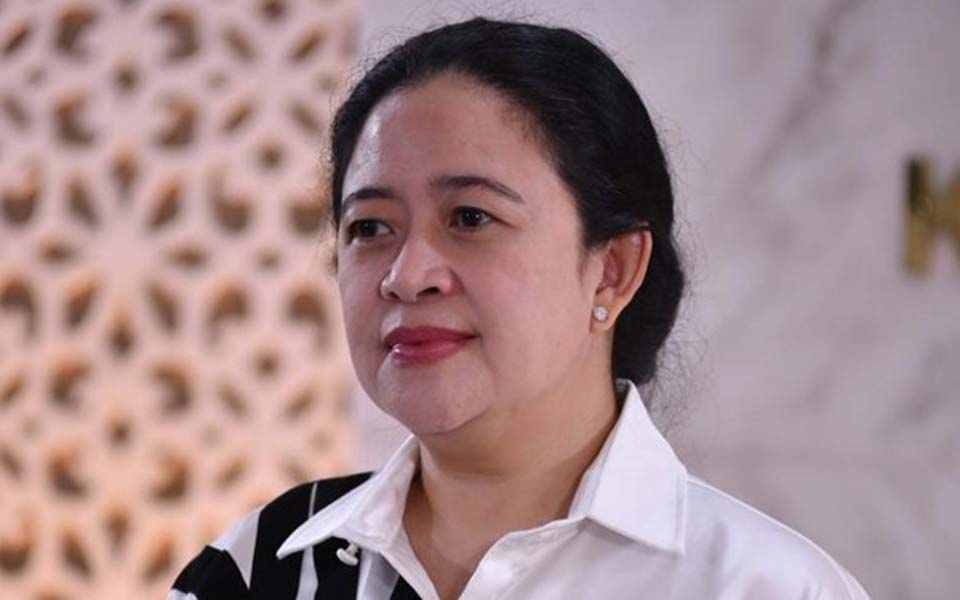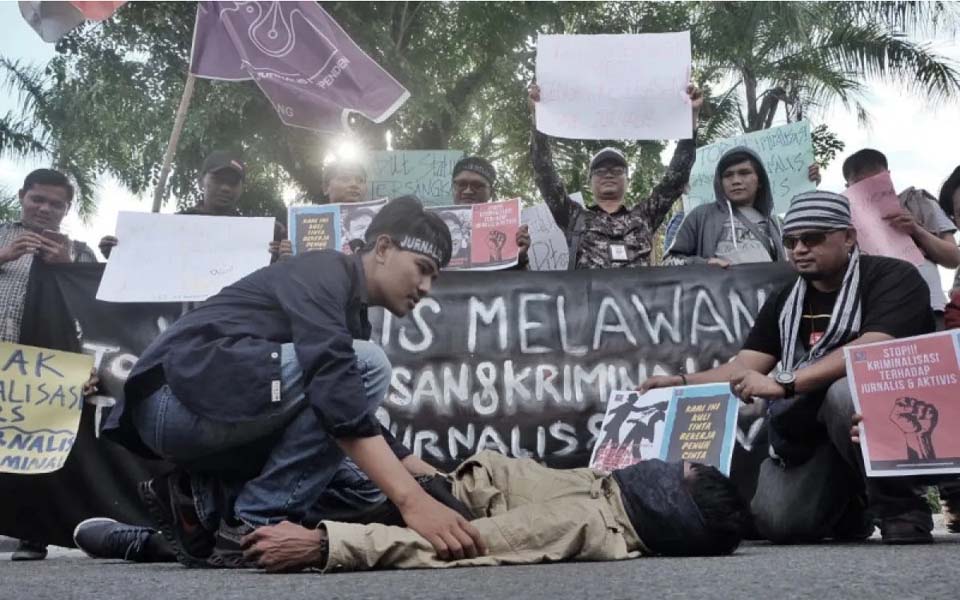Jakarta – Although efforts to develop the Indonesian military or TNI and civil supremacy are continuing, the process of reform is seen as being too slow. The obstacle being encountered is that civil institutions such as the Department of Defense and the political parties are not yet prepared to implement reform within the TNI.
It is also claimed that the problem is that the budget provided to the TNI is low and this hinders efforts at internal reform of the institution.
This is of course incorrect because over the last few years the TNI’s budget has continued to increase. In addition to this, these reasons are unnecessary because the president could simply issue an instruction, supporting legal proceedings being taken against TNI officers involved in crimes.
In a joint statement issued on Thursday October 3 in Jakarta by a number of non-government organisations such as the Commission for Missing Persons and Victims of Violence (Kontras), the Human Rights Working Group (HRWG) and the Indonesian Legal Aid and Human Rights Association (PBHI), the groups said that the budget should not be used as grounds to delay reforming the TNI. If civil institutions fail to push for reform and professionalism within the TNI, then there are a number of agenda items will also fail to be carried out, such as the abolition of TNI businesses and resolving human rights violation and corruption involving the TNI.
HRWG coordinator Rafendi Djamin said that in order for this to happen, civil institutions need to be strengthened. The Department of Defense which is the civil movement’s avant garde in developing internal reform in the TNI should be capable of developing further and not just make symbolic reforms.
Edwin from Kontras added that it is time for the domination of TNI officers in the Department of Defense to be reduced in order that a militaristic culture does not continue to develop within the organisation. It is time for various strategic positions in the institution to be handed over to civilians.
Edwin also explained that the positions of defense minister and TNI commander in chief need to be clarified further. In terms of defense strategy, the TNI commander should be place under the coordination of the defense minister.
Djamin said that the role of the defense department needs to be extended further so that it does not only discuss issues of the budget. Together with the department of foreign affairs and the House of Representatives, the defense department could discuss defense cooperation with other countries without depending upon the TNI.
On the other hand said Djamin, civil society institutions such as the political parties, must begin to relinquish their dependence on the power of the military. Such a position could little by little erode the TNI’s role in practical politics. If this effort is not undertaken, it will be impossible to develop civil supremacy, including developing legal supremacy and military professionalism. (jos)
[Translated by James Balowski.]






